BitBoy Crypto, a famous Youtube crypto channel, explains what exactly ISO 20022 is, what it means for the financial world, and which coins will lead the future of global transactions. According to the analyst, ISO 20022 will be the catalyst that changes the way financial institutions communicate, and there are 5 altcoins that are leading the way. We have prepared the analyst’s posts for our readers.
What is ISO 20022?
ISO 20022 is an open global standard for financial information. It provides consistent, rich and structured data that can be used for any financial business transaction. From August 2022, ISO 20022 standards will be available for optional cross-border payments, cash and reporting business.
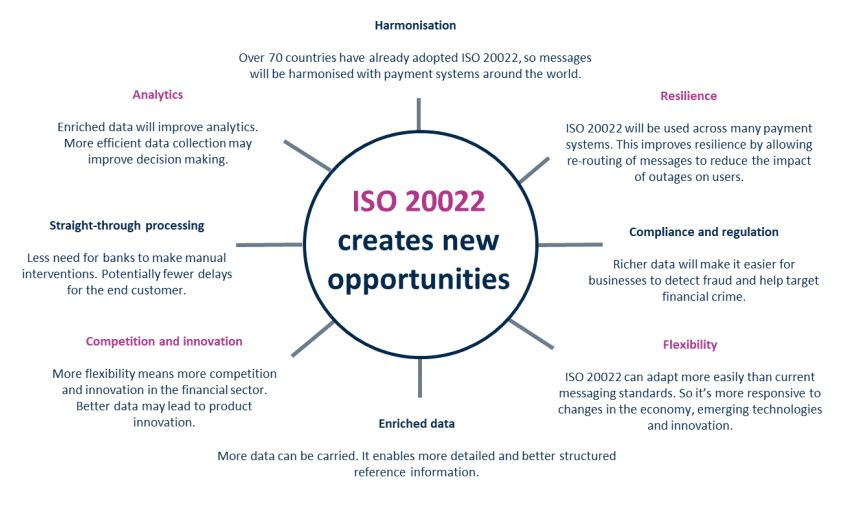
In November 2022, legacy and new systems will coexist for greater usability, allowing banks to adopt at their own pace by November 2025. There will be a period of three years to recognize. The legacy system will be deprecated and a fully innovative transition to ISO 20022 will be made. The system is currently used by more than 70 countries around the world, including Switzerland, Japan, India and China.
ISO 20022 creates new opportunities for adopting countries
ISO 20022 will account for 80% of transaction volumes and 87% of transaction value globally. The pros of each country adopting this standard outweigh the cons, the speed and efficiency of compliance cannot be compared to the old standard.
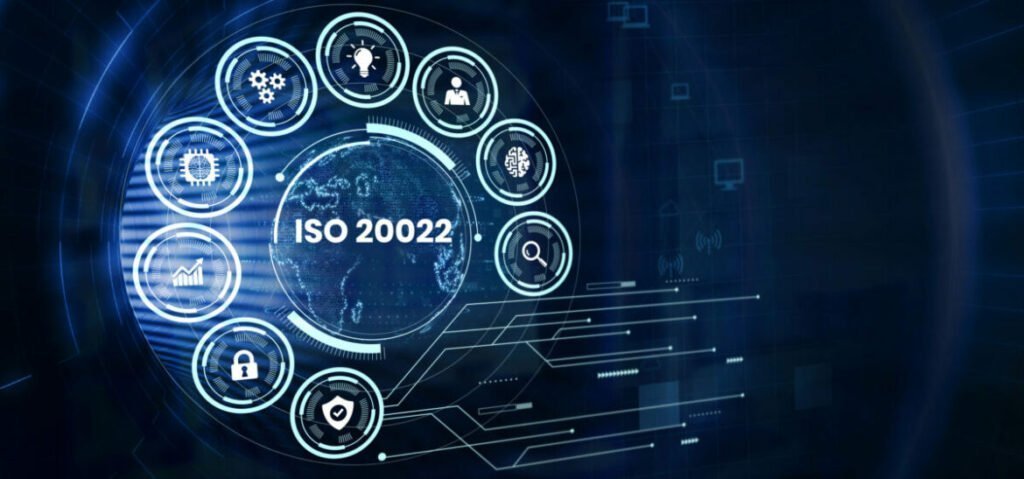
Direct processing will reduce maintenance costs and reduce the need for banks to intervene, resulting in fewer delays for their customers. Enriched data and analytics will help prevent identity fraud in money laundering. The continuation of this global transition to ISO 20022 will have a profound impact on the financial industry worldwide.
Which altcoin projects are leading the future of global transaction?
Ripple (XRP)
The first member of the ISO 20022 standard body Ripple (XRP). A big reason why people are so optimistic about XRP. XRP is an open source, permissionless and decentralized technology. The advantages of XRP include its low cost, high speed, scalability and inherently green features.
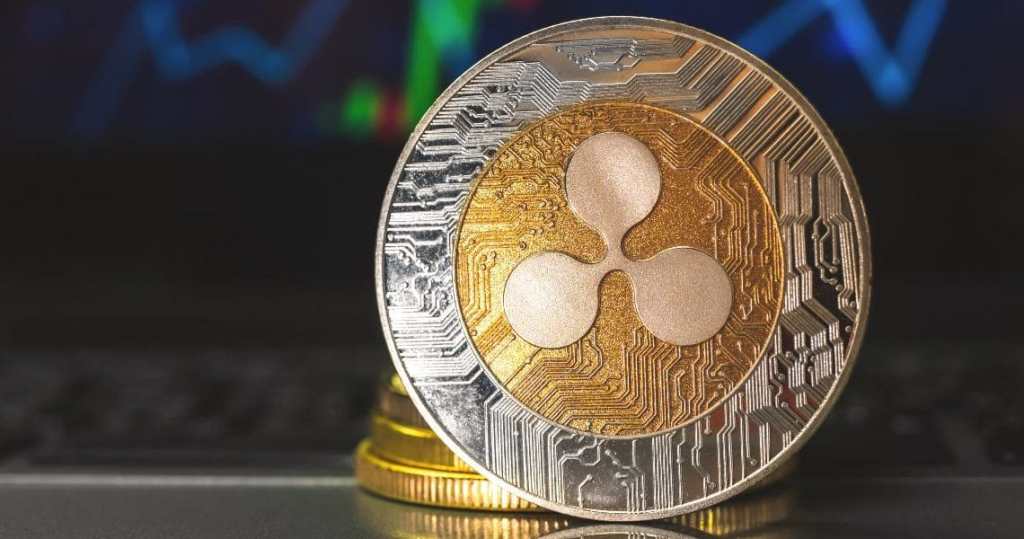
XRP is truly shaping the future of cross-border payments, while simultaneously reducing operational costs thanks to on-demand liquidity (ODL).
Stellar (XLM)
Second altcoin project Stellar Lumens (XLM). Stellar (XLM) is a peer-to-peer (P2P) decentralized network created by The Stellar Development Foundation or Stellar.org in 2014. The network was officially launched in 2015 to connect the world’s financial systems and provide a protocol for payment providers and financial institutions.
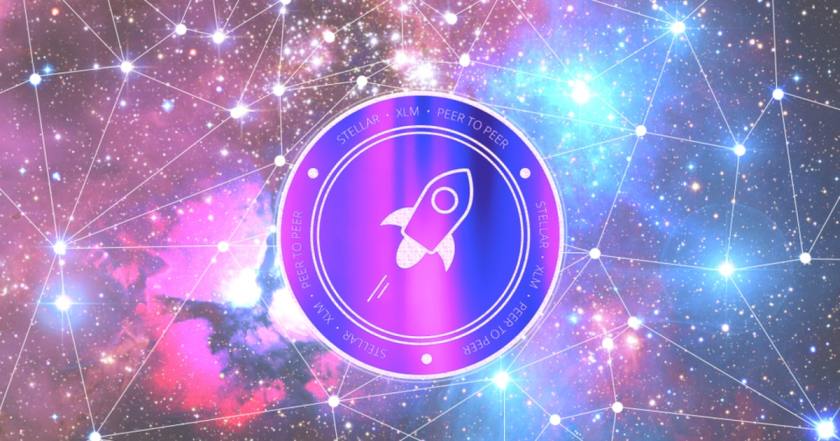
This is part of the new standard because international giant IBM is using Stellar to run its stablecoin operation. So XRP and XLM are in the body of the standards and they kind of show off.
XDC Network (XDC)
The next altcoin on the list is XDC Network (XDC). XDC Network (formerly XinFin Network) is an enterprise-grade, EVM-compatible, hybrid Blockchain equipped with public and private instances and interoperable smart contracts.
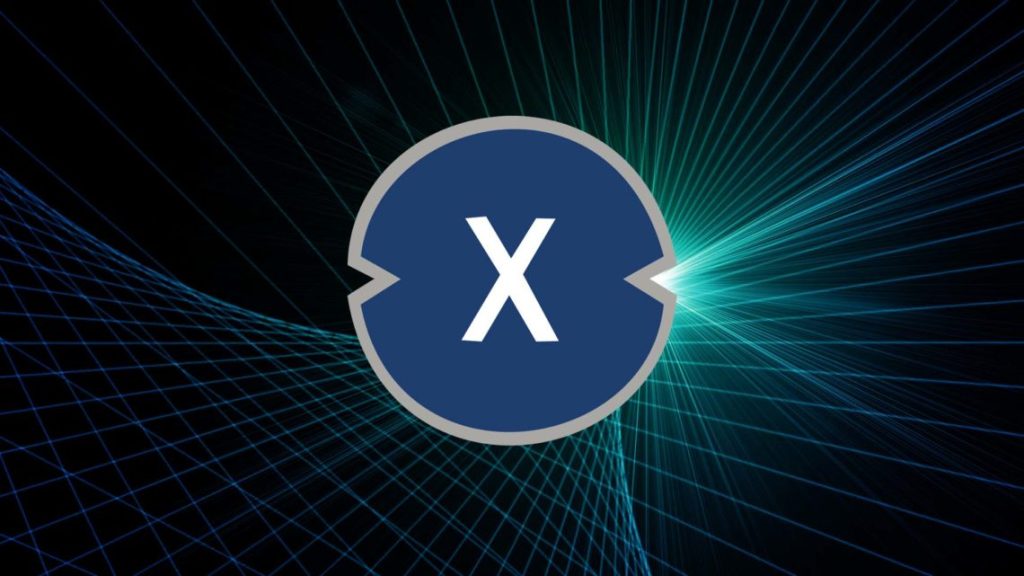
Ethereum and XDC Network, a highly optimized, bespoke fork of JP Morgan’s (now ConsenSys) Quorum, offers two second transaction time, near zero fees and is capable of more than 2,000 transactions per second (TPS). Their website specifies their protocols, giving businesses the flexibility to transform legacy system operation from a centralized and single point of failure to a distributed or decentralized system.
IOTA (MIOTA)
IOTA is a distributed ledger with a big difference, so it’s not actually a Blockchain. Instead, its proprietary technology is known as Tangle, a system of nodes that confirm transactions. The foundation behind this platform says it offers much faster speeds than traditional Blockchains and offers an ideal footprint for the ever-expanding IoT ecosystem.
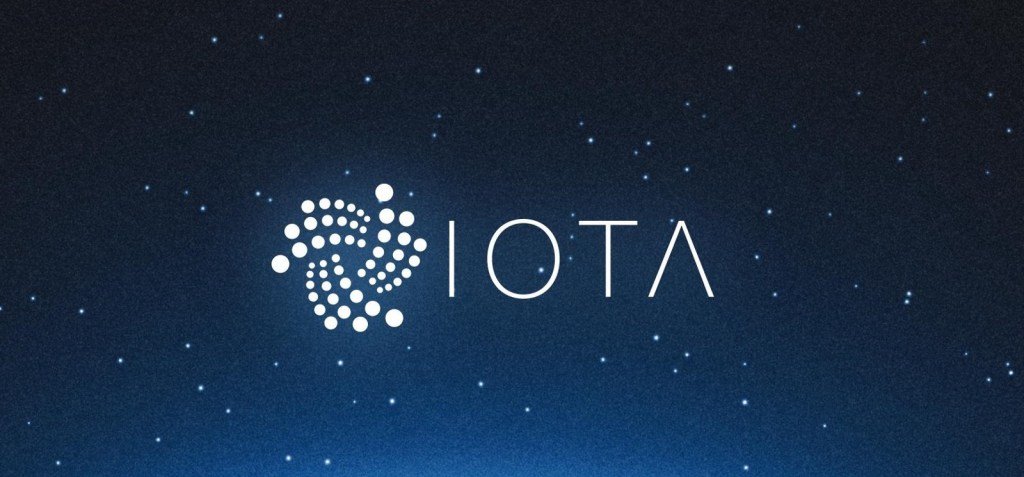
They are also familiar with distributed ledger technology. They have big plans for smart cities and describe themselves as an open, emotionless data and value transfer protocol.
Algorand (ALGO)
The altcoin project Algorand (ALGO), which you can learn more about from this article of Cryptokoin.com , is the latest. Algorand is a self-sustaining, decentralized, Blockchain-based network that supports a wide variety of applications. These systems are secure, scalable and efficient. These are all critical features for effective real-world applications. Algorand will support computations that require reliable performance guarantees to establish new forms of trust.

ALGO, a self-proven decentralized, scalable and secure Blockchain infrastructure. Every smart contract that has a good marketing team and works in the mall is written in teal language. This enables the ALGO network to process 10,000 transactions per second and their expiration times in five seconds or less.







